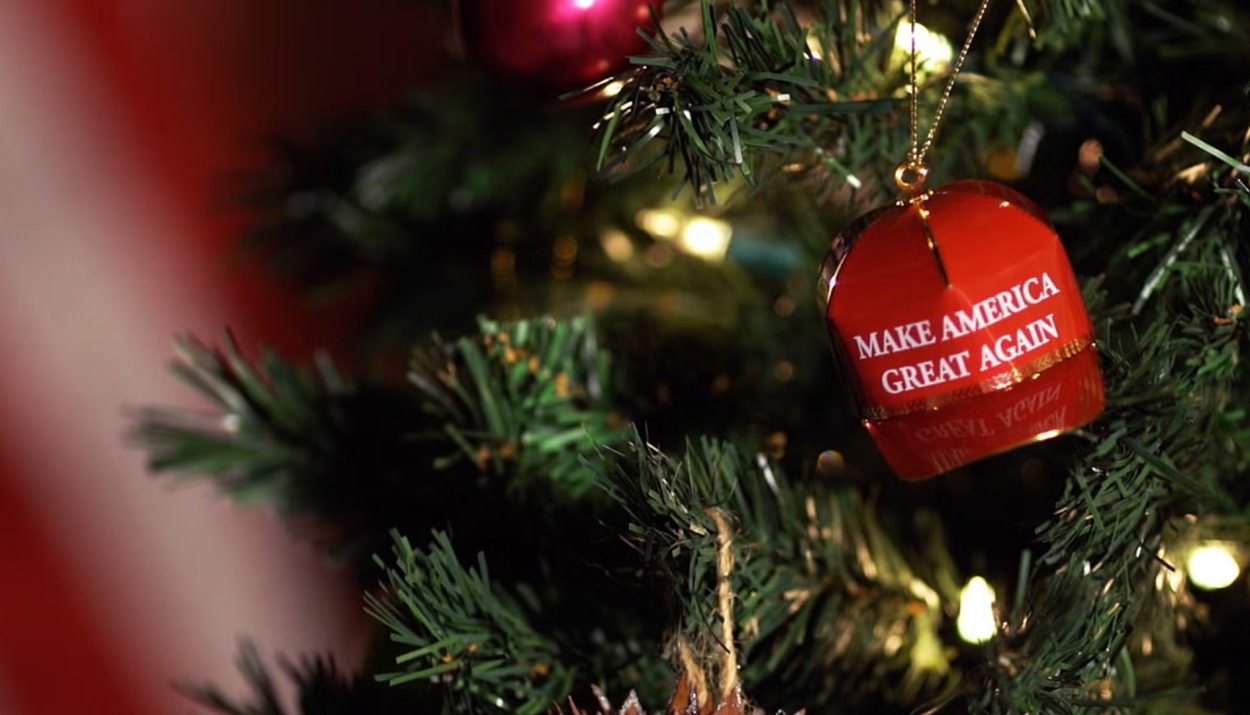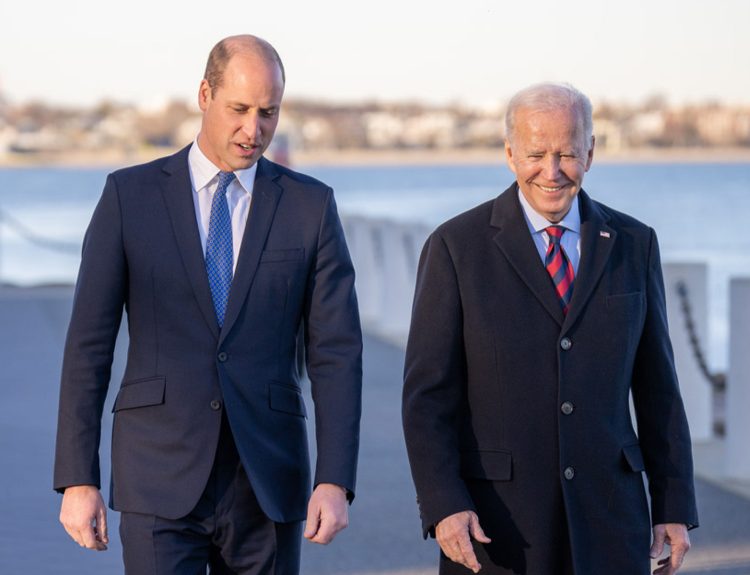Language is a facet of life that is constantly evolving. There are new languages being born every year, and colloquialisms change as soon as they become popular on the newest social media platform. No statement is as surprisingly controversial as the phrase “Merry Christmas,” though, and the reason might be different than you think.
Many Holidays to Celebrate
The holiday season is one that’s important for everyone, of all faiths and lack thereof. There are at least 17 different holidays that are celebrated during the winter season, all for various faiths and reasons, and the sheer number of holidays is one of the factors that has led to the controversy around the phrase “Merry Christmas.”
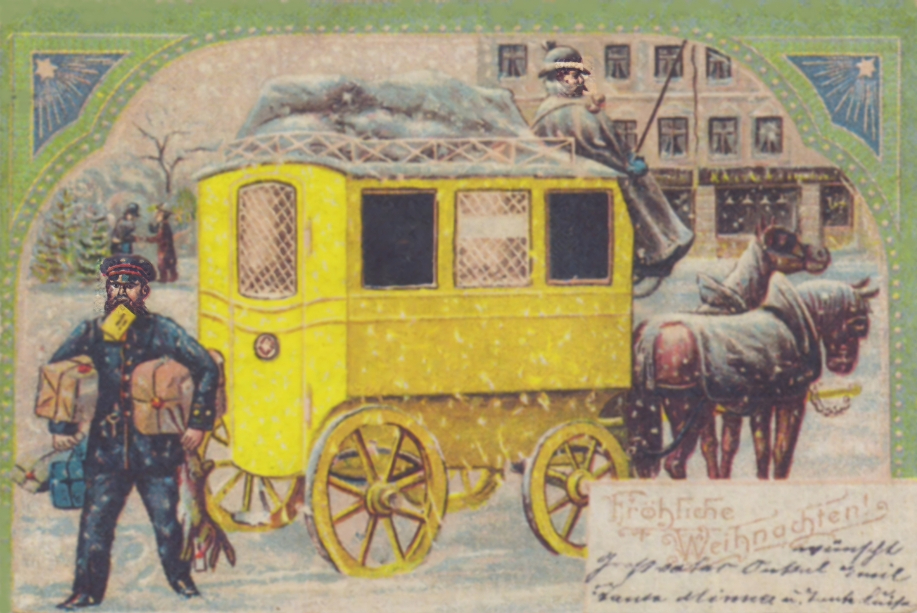
As might be expected, in America the divide on the “Happy Holidays” versus “Merry Christmas” debate largely falls along political, and generational lines. Some two-thirds of Democrats believe that “happy holidays” should be the standard winter greeting in order to be inclusive to all faiths and people, while only one quarter of Republicans felt the same.
Not a New Phrase, Not Even a Little
What’s often not discussed in terms of the usage of “Merry Christmas” or “Happy Holidays” is how old both of these phrases are. Neither of them sprung up in colloquial language recently. “Merry Christmas” has been in use as far back as the eleventh century CE, and “Happy Holidays” was first noted in the sixteenth century.
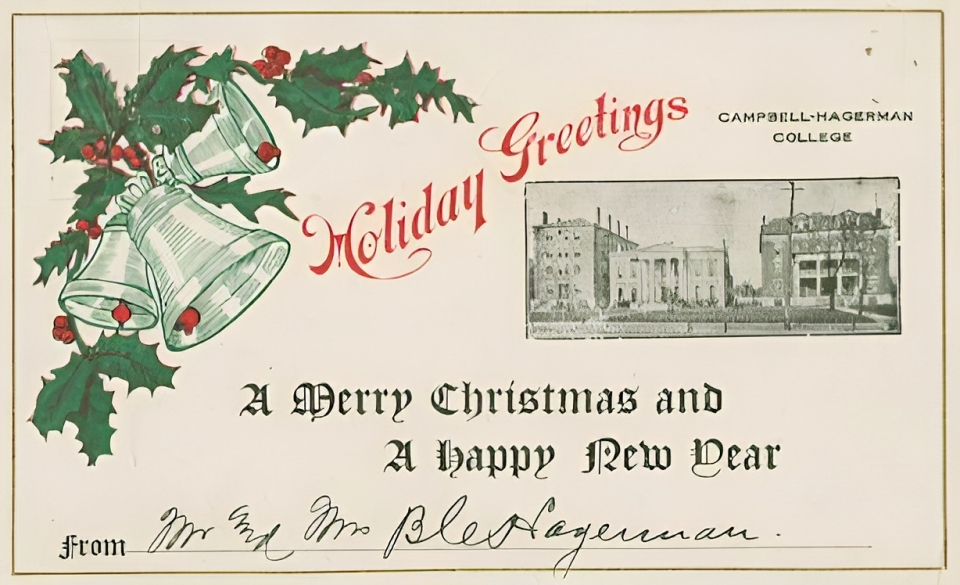
The first common usage of the term “Happy Holidays” in America was in the 1860’s, in the Philadelphia Inquirer. Since that first use, it’s spread widely and has become a common part of holiday greetings, despite the controversy that started to build around the phrase in the early 2000’s.
Presidents Want Everyone to Feel Included
Presidents have been attempting to create an inclusive political environment going back decades, and the verbiage around the holidays reflects that. As far back as Eisenhower, language around the Christmas season has skewed towards “holidays” and “seasons” in order to make non-Christian voters and citizens feel included.
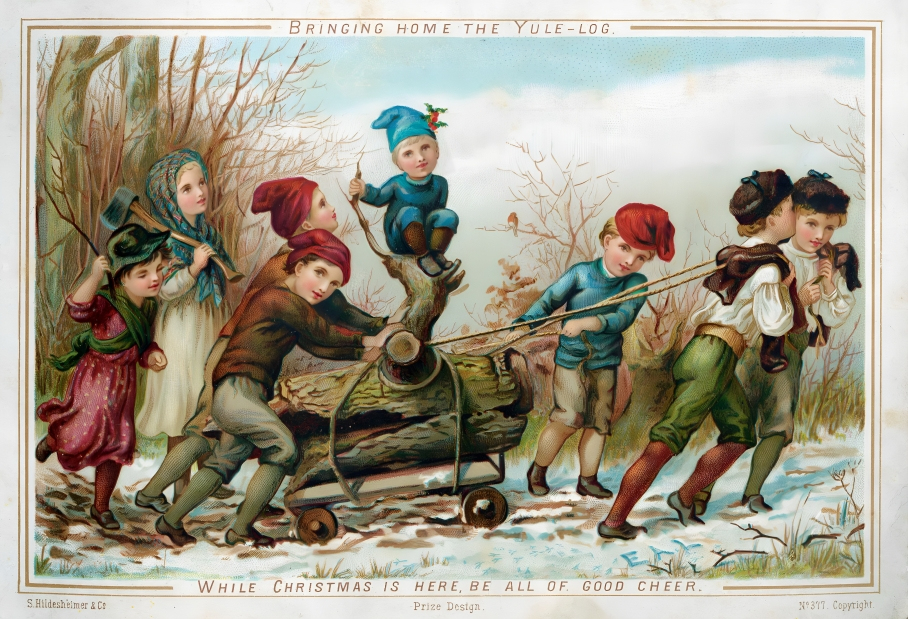
It wasn’t until the early 2000’s that propaganda started spreading about the “war on Christmas.” Conservative talking points regarding the phrase started to pick up steam, and in 2005 President George W. Bush fell under fire for omitting the phrase “Christmas” from the White House holiday card.
An Odd Convergence of Propaganda and Social Media
Part of the controversy at the time seemed to stem from the fact that the words “Merry Christmas” hadn’t been used on a holiday card since 1992, during George H. W. Bush’s presidency. This also coincided with the first inklings of social media, with Myspace several years into existence and Facebook having just been founded.
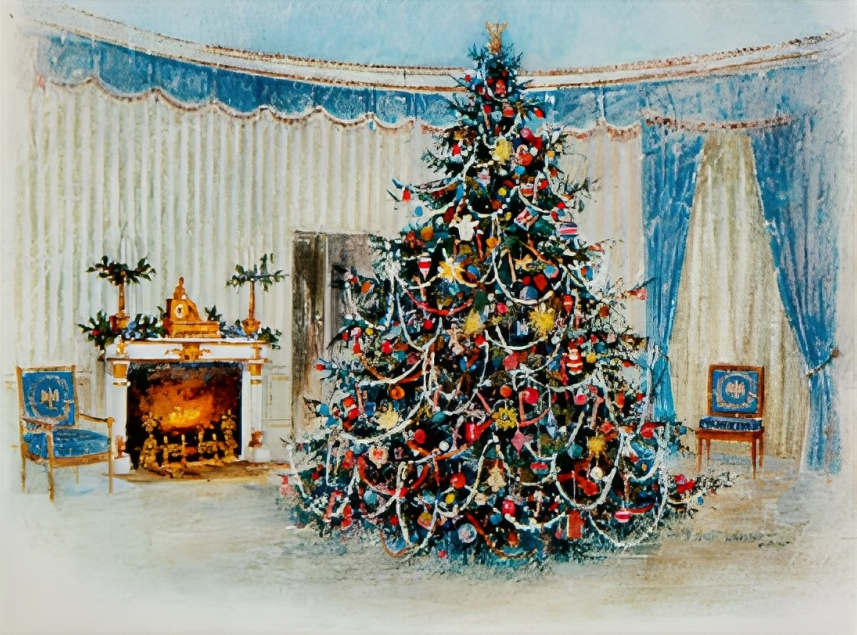
While these early days of social media are far from the rage-farming machine that many platforms have become, it was the first time that many people were able to make contact with people very different from them. The political and ideological divide between Democrats and Republicans started to grow, fostered by propaganda and the internet making the world much smaller.
History Does Not Reflect The Perception
Despite the propaganda surrounding the topic, the actual history of holiday greetings and especially holiday cards does not reflect any sort of bias towards or away from the phrase “Merry Christmas.” Different seasonal greetings have been used for centuries as a way to be more inclusive, and American businesses have grown and changed to reflect that.
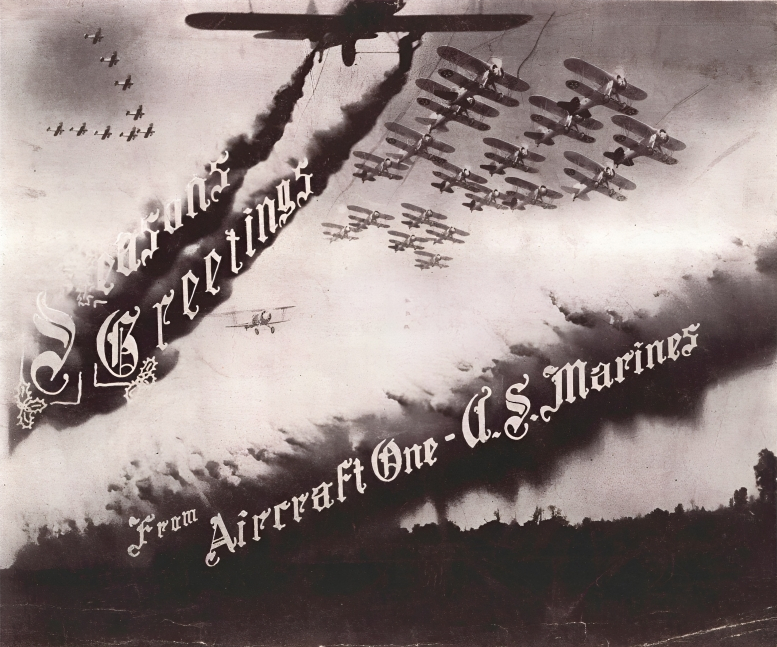
Hallmark, the premiere greeting card company that was founded in 1910, is a prime example. The company started to create greeting cards for sale in 1915, and the early twentieth century cards were full of greetings such as “Merry Christmas,” “Christmas Greetings,” and “Seasons Greetings.”
Other Greetings Existed, Too
There were other, less common greetings on these cards in the early days of Hallmark as well, such as “Joyful Greetings” and “Yuletide Greetings.” These cards didn’t turn out to be as popular as those with more common greetings, so they didn’t circulate as widely.
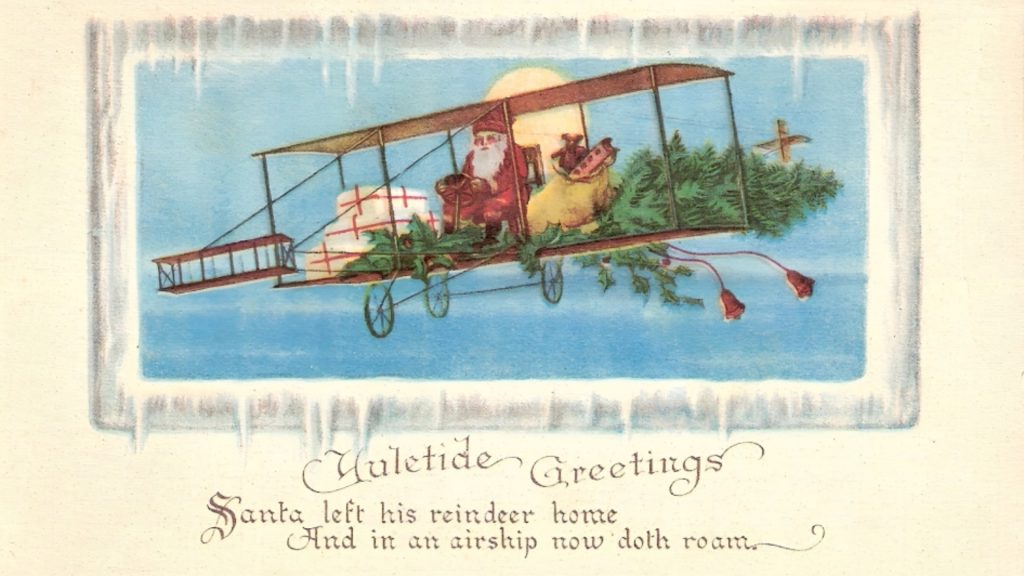
Likewise, the idea that there have never been any other greetings on cards aside from “Merry Christmas” is not reflected in fact. Hallmark introduced cards specifically marketed for Hanukkah in the 1950’s to incorporate the Jewish market into their sales, and Kwanzaa was introduced in the 1990’s.
Hallmark is Far From Alone
Other companies such as Starbucks have also gone out of their way to be more inclusive with their language, as well as appropriately neutral. The rhetoric that those who use the phrase “Happy Holidays” are trying to “kill” Christmas, or make the Christian holiday season less important, is simply untrue.

Particularly in America, many major bank holidays and mandated days off coincide with Christian faith days. This harkens back to the early days of America, where many celebrated Protestant and Separatist Christian holidays. Those early settlers influenced current American culture in a significant way, and Christianity is, despite the talking points, going nowhere.
Holiday Greetings…For Everyone
The holiday season is one to be around loved ones and treat your fellow man with a little more kindness. It’s a season for charity and giving, and despite the vitriol that can be written online around this time, many take the idea of togetherness to heart.
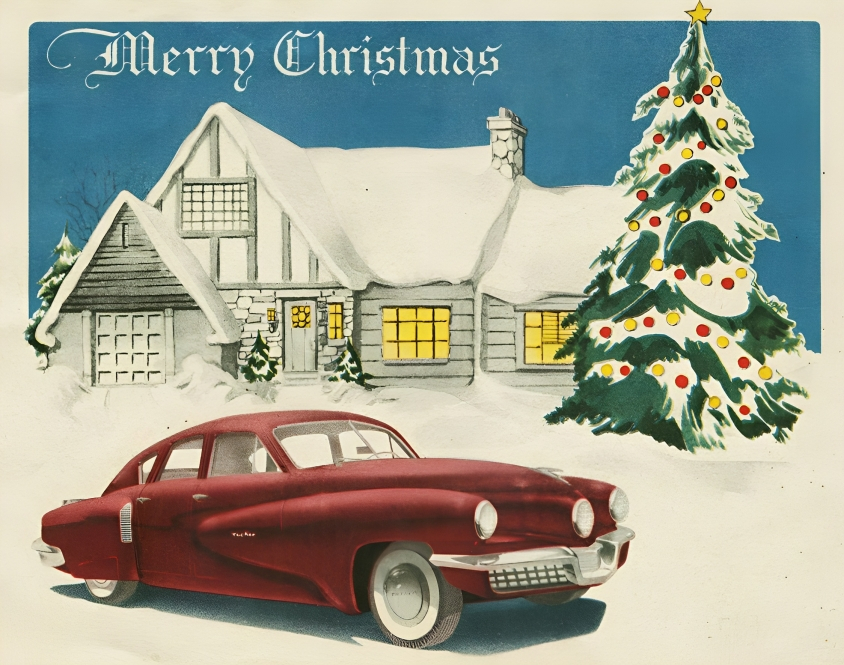
Whether you say “Merry Christmas” or “Happy Holidays” or some other form of seasonal verbiage doesn’t seem to matter. It’s the spirit of the phrase, and the intent to be a little kinder with each other around this time of year. Being inclusive to all cultures and faiths is wonderful, but more important is making sure to reach out to your fellow man, and make sure they know they’re loved and important during the holiday season.

